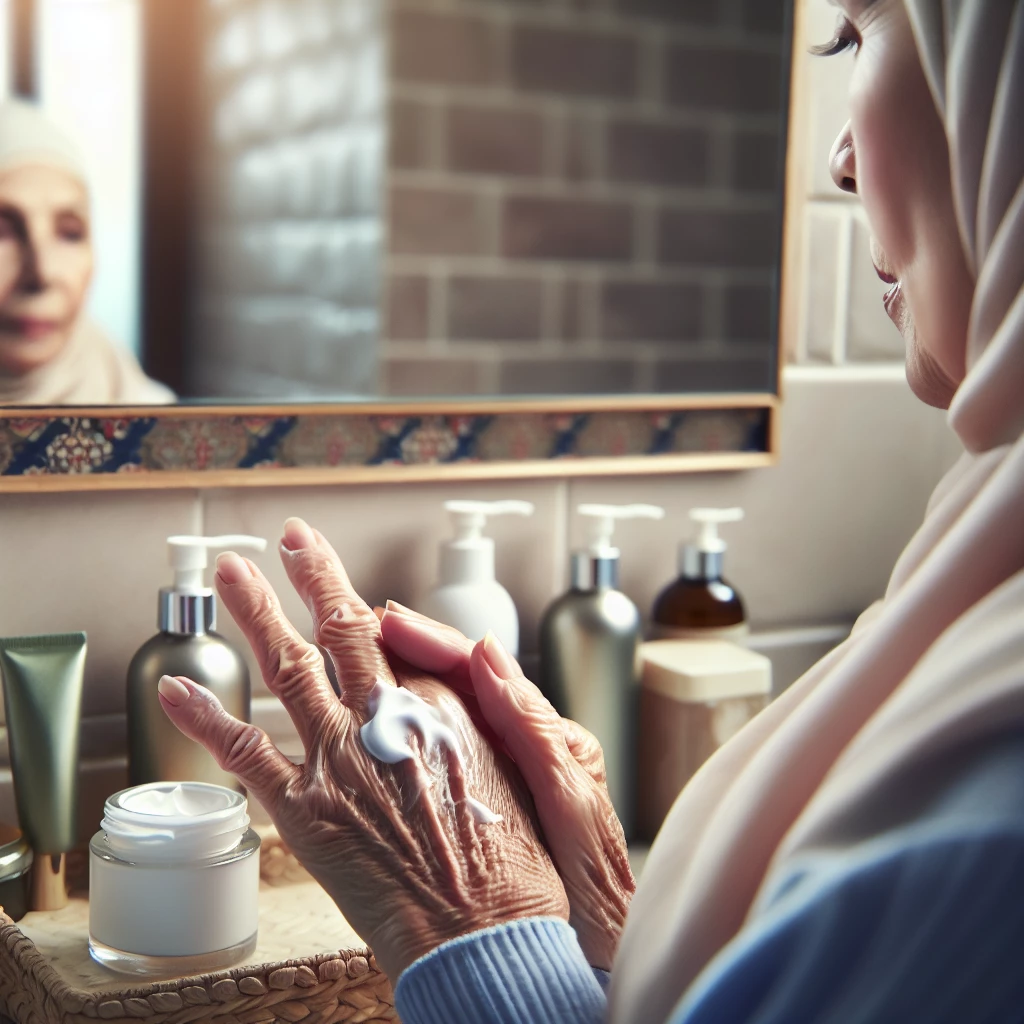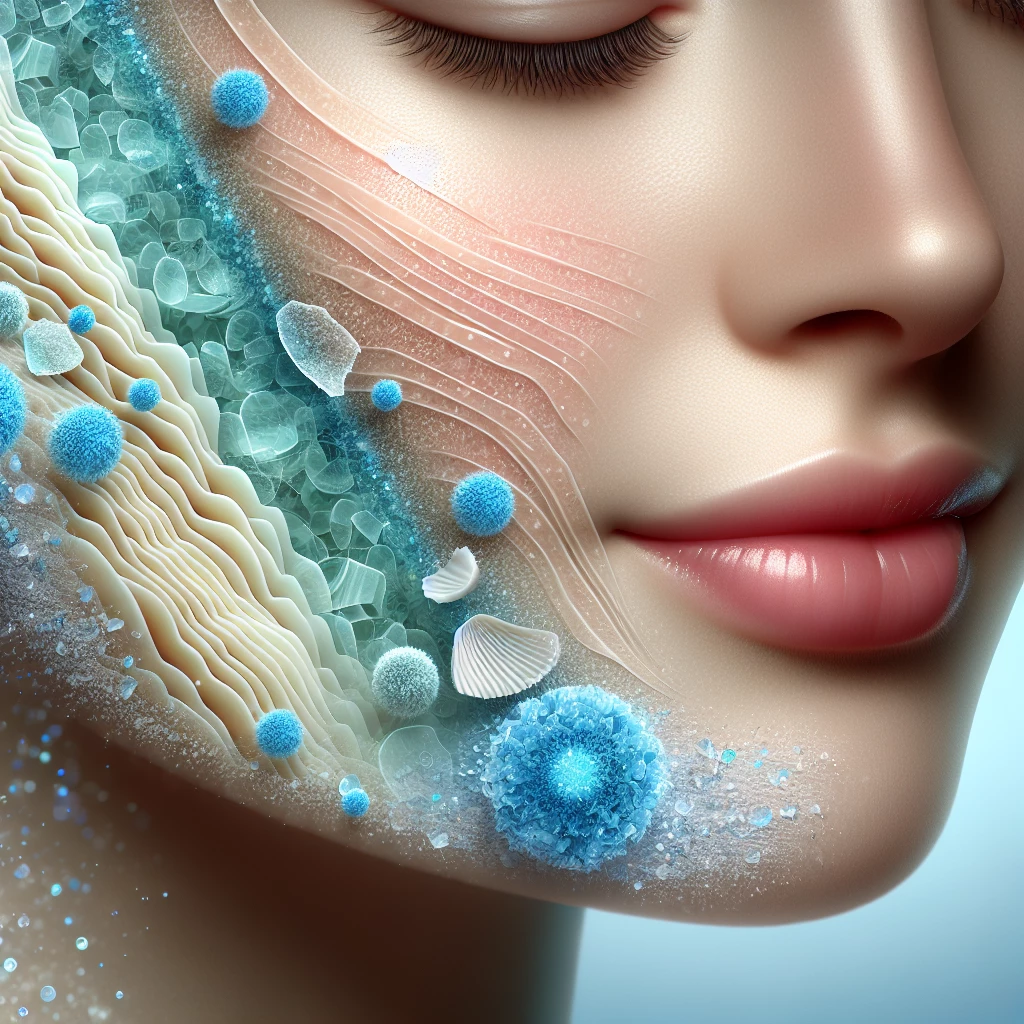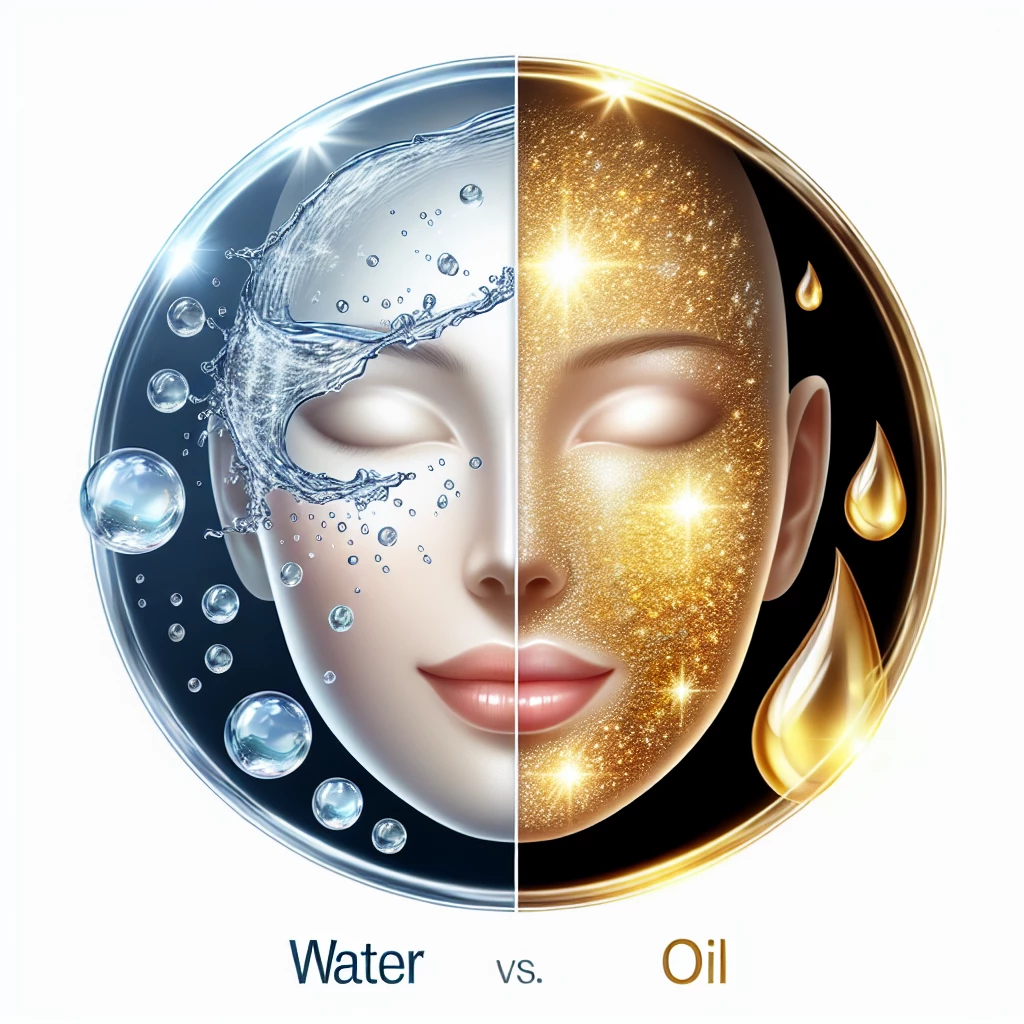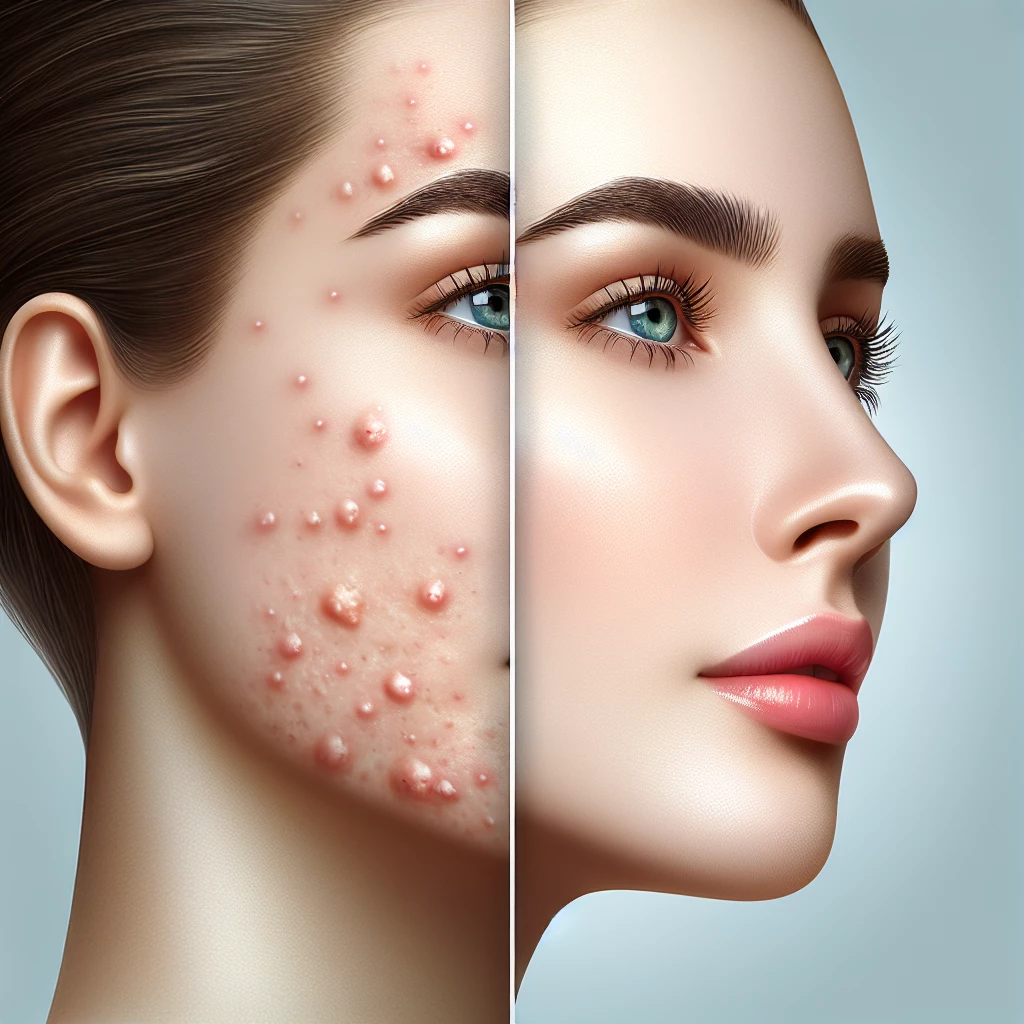Acne may leave our faces, but often they leave a souvenir behind: acne scars. These can be a painful reminder of our skin struggles; however, it's not an irreversible issue. There are numerous remedies, treatments, and products that promise smoother, clearer skin. We're here to guide you on your journey to say goodbye to acne scars, and help you discover the radiant skin that exists beneath. This comprehensive guide will explore the different types of acne scars, the treatments available, and our top tips for prevention.
Understanding Your Acne Scars
Acne scars come in a variety of forms, from deep pitted scars to red, raised scars known as keloids. There's always more beneath the surface of our skin than we might think. Understanding the type of scars you have is the first step to treating and getting rid of them. Knowing the enemy, so to say, allows you to target your treatments more effectively.
There are two general types of acne scars: hypertrophic (or keloid) scars and atrophic scars. Hypertrophic scars are raised and they sit above the surface of the skin, resulting from too much collagen during healing. On the other hand, atrophic scars are pitted or flat against the surface of the skin. These are due to a loss of tissue during the healing process.
Acne scars are a normal part of any healing process. However, a combination of factors like genetics, skin type, acne severity, and even how quickly you treat breakouts can all influence if you'll end up with permanent scarring.
Treatment Options for Acne Scars
Once you've identified your acne type, you can then pursue appropriate treatments. Medical treatments from dermatologists include laser therapy, fillers, chemical peels, and even surgery. Most of these treatments involve removing the top layer of the skin, allowing new skin to develop.
Of course, these treatments can be expensive and come with their own sets of risks, such as potential skin damage and inflammation. It's crucial to discuss thoroughly with your dermatologist about the best plan of action to take.
On the other hand, topical products like retinoids and AHAs can help improve the appearance of mild to moderate acne scars. These products fortify the skin by increasing cell turnover rates. They help to push out the damaged skin cells, gradually revealing healthier, unscarred skin beneath.
Preventing Future Acne Scars
Prevention is always better than cure, and this adage holds especially true for acne scars. Preventing acne in the first instance is key, which means developing a consistent skincare routine that utilises gentle, skin-nourishing products.
Furthermore, resist the urge to pick, squeeze, or pop your pimples. This can cause further inflammation and potentially create deeper wounds in your skin, which in turn can lead to more severe scarring.
Remember, treating acne and its subsequent scars takes time. Being patient will allow the treatments and preventive measures to work effectively. The journey might feel slow, but the results are usually well worth it.
Bidding goodbye to acne scars might seem like a long and daunting journey, but remember, it's entirely possible. With the right knowledge about your own skin, the correct treatments, and sticking to preventative measures, smooth, clear skin can be achieved. Always seek advice from skincare professionals when in doubt, and celebrate every small victory along your skincare journey. Clear skin is not only about looking good, it's about feeling good inside and out.

Age Gracefully: Mature Skin Care
Delve into the changes that come with aging skin and the best practices to ensure its health and vitality.

Vitamins for Victory: Skin Nutrients
Discover the key vitamins that contribute to skin health and the best ways to incorporate them into your skincare routine.

Exfoliation 101: Clearing the Surface
Dive into the process of exfoliation, uncovering its benefits and learning how to properly exfoliate for brighter, smoother skin.

Skin Hydration: Water vs. Oil
Get insight into the importance of hydration in skincare routines and understand the difference between water-based and oil-based products.
